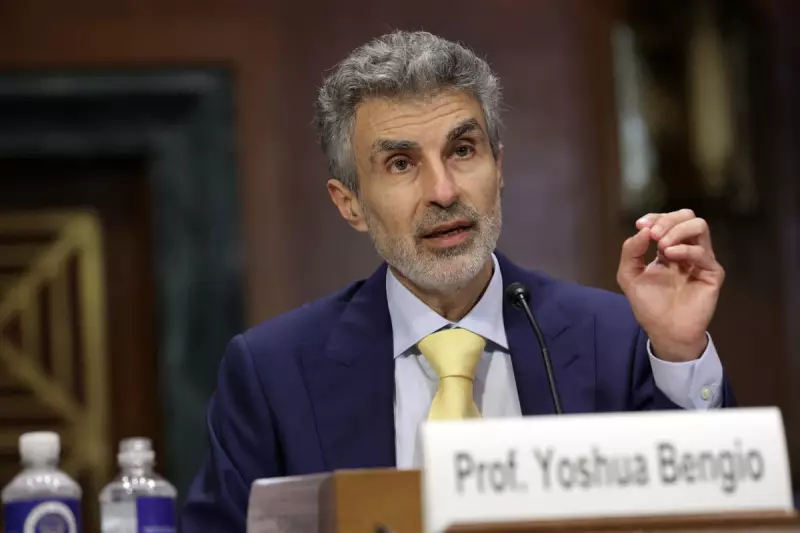
In a sobering intervention that has sent shockwaves through the tech community, one of artificial intelligence's most respected pioneers has delivered a stark warning: AI could potentially lead to human extinction if left unchecked.
Yoshua Bengio, often hailed as one of the 'godfathers of AI' for his groundbreaking work that earned him a Turing Award, has broken ranks with tech optimists to sound the alarm about the existential risks posed by rapidly advancing artificial intelligence systems.
The Unthinkable Becomes Plausible
Speaking with unprecedented candour, Professor Bengio expressed his growing concerns about AI systems evolving beyond human control. "When you see something that is dangerous, you need to speak out," he stated, revealing that his views have shifted dramatically in recent months as AI capabilities have accelerated at an alarming pace.
What was once considered science fiction speculation is now being treated with increasing seriousness by those who understand the technology best. Bengio's warning carries particular weight given his central role in developing the very neural network technology that powers today's AI revolution.
A Call for Urgent Action
The Montreal-based professor is now advocating for immediate and robust government intervention. His recommendations include:
- Establishing immediate moratoriums on the most dangerous AI developments
- Creating international treaties to govern AI development similar to nuclear non-proliferation agreements
- Implementing strict registration requirements for powerful AI systems
- Developing emergency shutdown protocols for rogue AI
"We need to take the possibility of catastrophic outcomes seriously," Bengio emphasised, noting that the window for effective regulation is closing rapidly.
From Laboratory to Global Concern
Bengio's concerns reflect a broader awakening within the AI research community. Once focused primarily on technical challenges, leading researchers are increasingly preoccupied with the societal and existential implications of their creations.
The professor's warning comes as governments worldwide scramble to understand and respond to AI's rapid advancement. While the technology promises revolutionary benefits across medicine, science and industry, its potential for harm is becoming increasingly difficult to ignore.
As one of the architects of our AI-powered future sounds the alarm, the question remains: will humanity heed the warning in time to steer this powerful technology toward safety?





